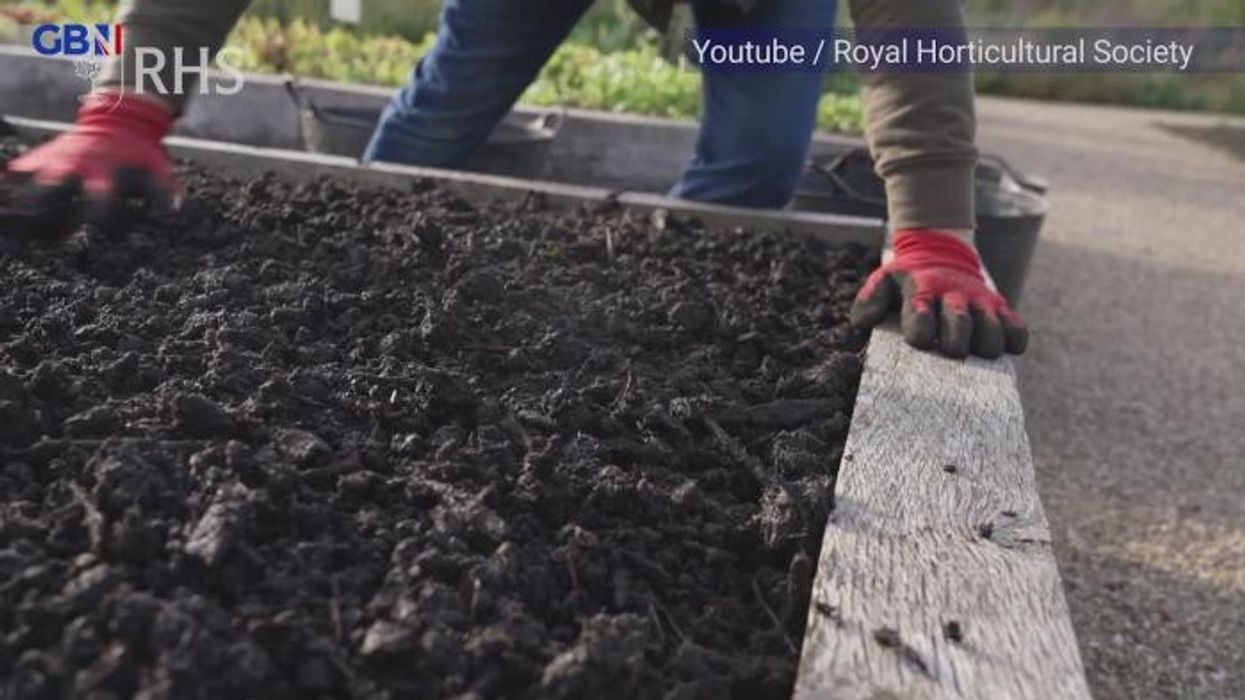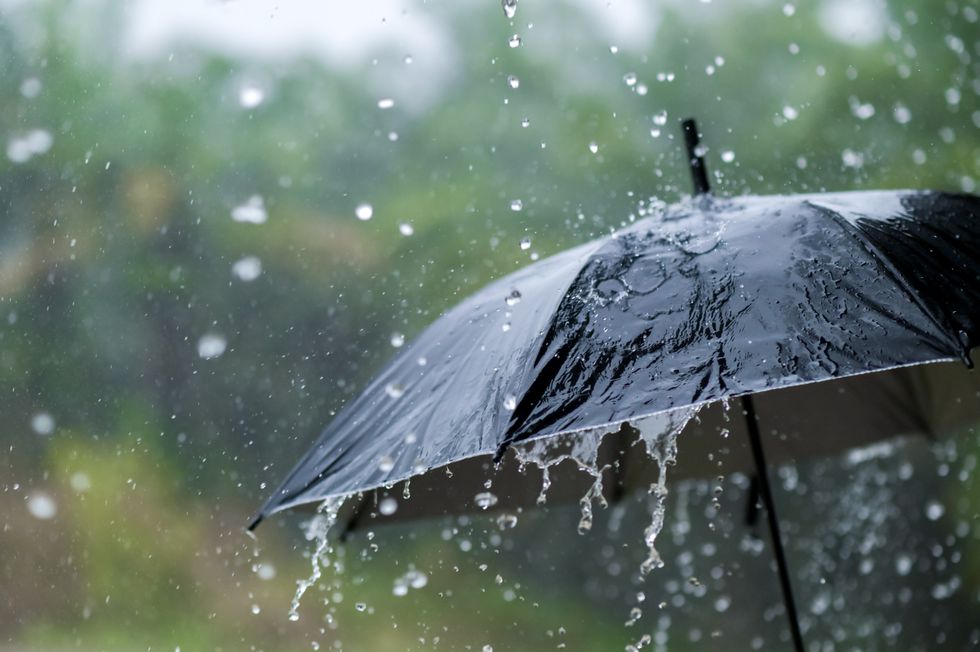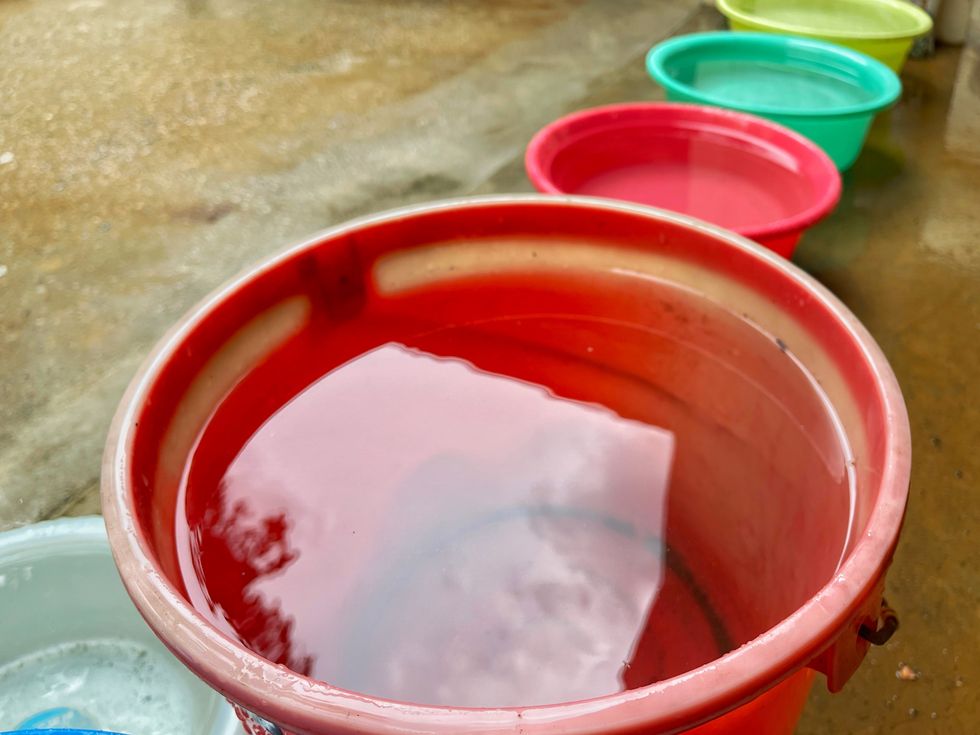'Best thing to water your plants!' Expert shares essential hack to rescue parched plants after the heat

WATCH NOW: The Royal Horticultural Society shares tips to look after your garden
|RHS
Water from the mains can include chemicals such as chlorine and fluoride - which is why a horticultural expert advised gardeners to take advantage of the drizzly weather this week
Don't Miss
Most Read
Latest
After a sweltering summer of heatwaves, British gardens are finally enjoying some respite as rain and cooler temperatures grace the UK.
The nation has just endured another hot spell alongside drought declarations and water restrictions affecting numerous regions, bringing good news for parched lawns and wilting plants.
Horticultural expert David Denyer from Eflorist, bearing more than three decades of professional experience, has offered some timely guidance for gardeners seeking to capitalise on the showers.
**ARE YOU READING THIS ON OUR APP? DOWNLOAD NOW FOR THE BEST GB NEWS EXPERIENCE**

Rainwater is one of the best things to quench your plants' thirst
|GETTY
"Rainwater is one of the best things you can use to water your plants. It is naturally soft and slightly acidic, which is much closer to what many plants are used to in the wild," Mr Denyer explained.
Mains water frequently includes additives such as chlorine and fluoride, alongside minerals including calcium and magnesium. These substances accumulate within garden soil gradually and could lead to plant health problems.
"You may notice yellowing leaves, brown tips, or salt crusts on the surface," Mr Denyer warned, pointing out the long-term effects of tap water usage.
Following extended periods of intense heat, particular garden varieties face particular vulnerability - namely, young plants that have not had the chance to develop.
LATEST GARDENING TIPS
"Bedding plants, seedlings, and newly planted flowers are some of the first to struggle in a sudden heatwave," he added. These specimens lack established root networks, making them susceptible to rapid dehydration when soil temperatures spike.
Recently planted perennials, including delphiniums and lupins, face similar challenges despite their typically robust nature.
Even traditional garden favourites such as roses and hydrangeas can come under threat, particularly when the surrounding soil has already lost moisture.
"These outdoor plants will make the most of the rain at this time of year," Mr Denyer weighed in.

Basins are a useful tool to collect rainwater
|GETTY
But, thankfully, proper collection methods can help gardeners to make the most of the rainy days when they come, while bearing in mind the hosepipe bans in place across the country.
"If you are collecting rainwater, keeping it clean is key," Mr Denyer advised, recommending covered containers to prevent contamination from debris and insects.
"Rainwater in a container that has been left open for too long can stagnate, especially in warm weather," he warned, suggesting prompt usage or cool, covered storage.
Additionally, roof runoff requires careful consideration due to potential contaminants. As a result, simple collection methods suffice for modest needs - "something as simple as a clean pan or basin left outside while it's raining will do the job nicely," the expert suggested.










